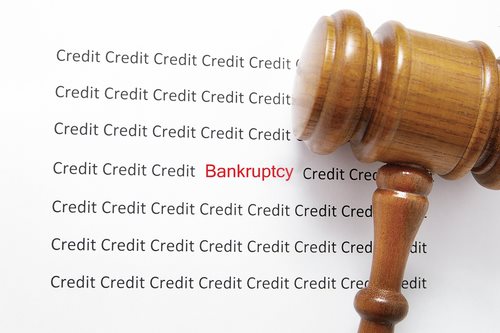Simple Guide to United States Trustee Program
What is the United States Trustee Program?
As a fundamental agency of the United States Department of Justice, the Trustee Program is responsible for overseeing the administration of private trustees and bankruptcy cases. Along with their twenty-one United States Trustees, the agency is bolstered by the Executive Office of United States’ Trustees, currently located in Washington D.C. and 95 field offices throughout the country. As a general responsibility, the United States Trustee is a federal official charged with enforcing civil bankruptcy laws in the United States of America.
Each of the twenty-one regional United States Trustees holds office in each judicial district within the respective trustee’s region; Trustee's do not possess prosecution powers, however, they are required to refer information concerning potential criminal violations of bankruptcy code to the Federal government.
What is a United States Trustee?
In the United States, the Attorney General is required to appoint a separate United States Trustee for each of the twenty-one geographical regions throughout the country for a five-year term. Each United States Trustee is removable from office by a works for the Attorney General; each Trustee is an office of the Department of Justice and is responsible for maintaining and supervising a panel of private trustee for Chapter 7 bankruptcy cases. Furthermore, the United States Trustee must also conduct the oversight of administration of the majority of bankruptcy cases and trustees.
Federal Office for the United States Trustee:
The Executive Office for United States Trustees is a fundamental aspect of The United States Department of Justice; it serves as the component of the Department of Justice responsible for overseeing the administration of bankruptcy cases and all matters pertaining to private trustees in the nation. As a result of this responsibility, the office is regarded as the top administrative agency responsible for regulating Department of Justice attorneys or those professionals responsible for monitoring the conduct within U.S. Bankruptcy Courts.
